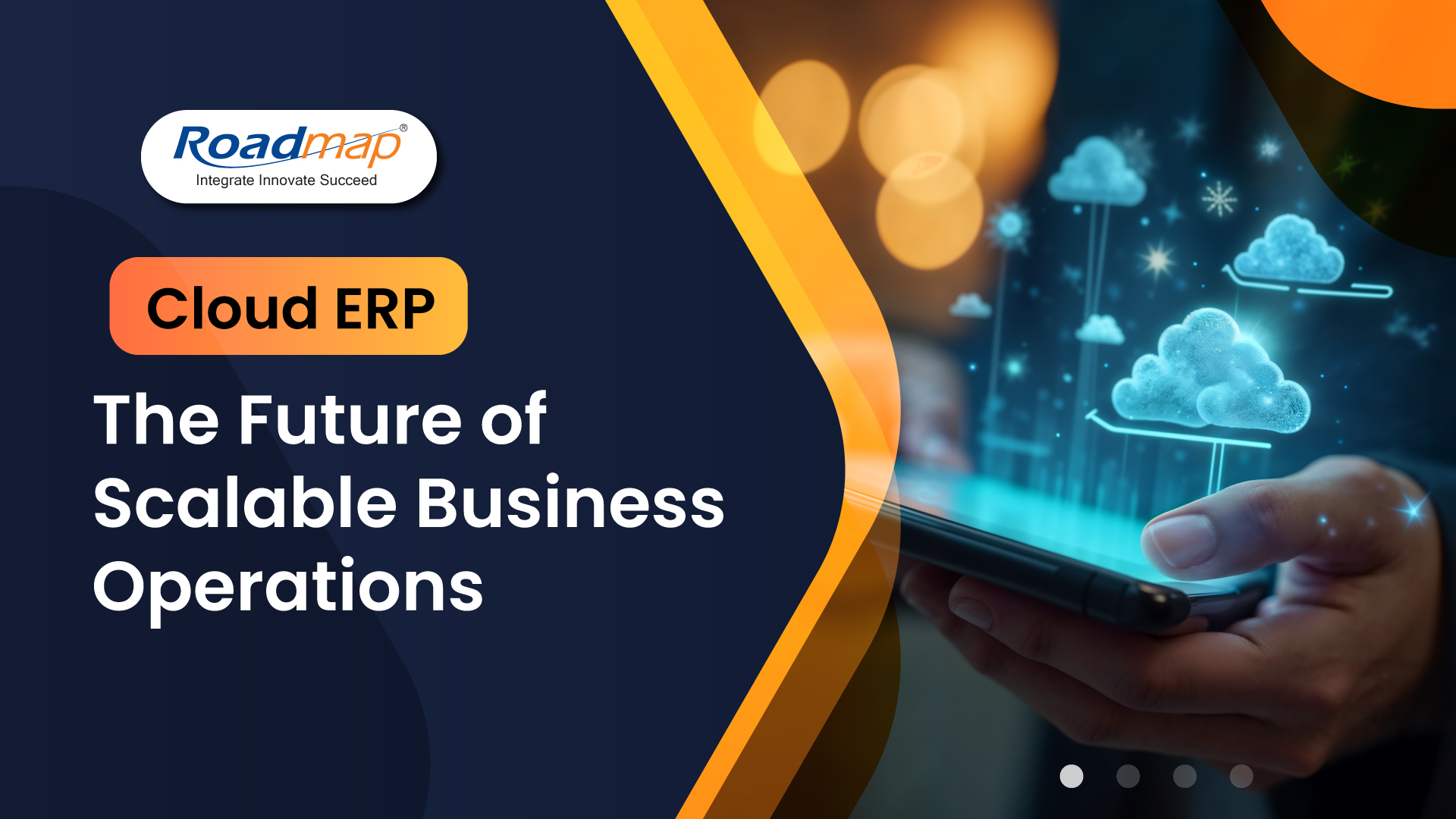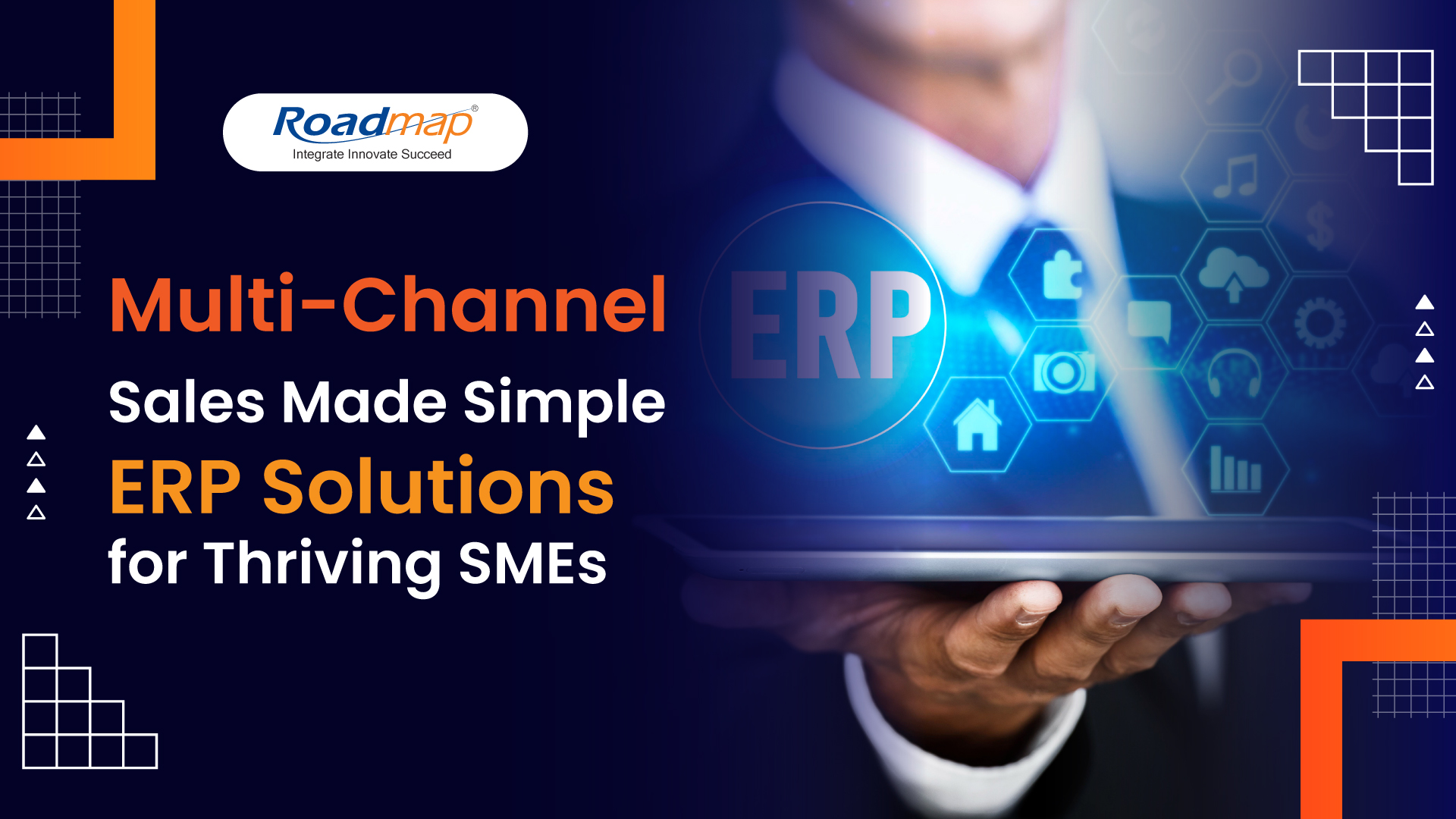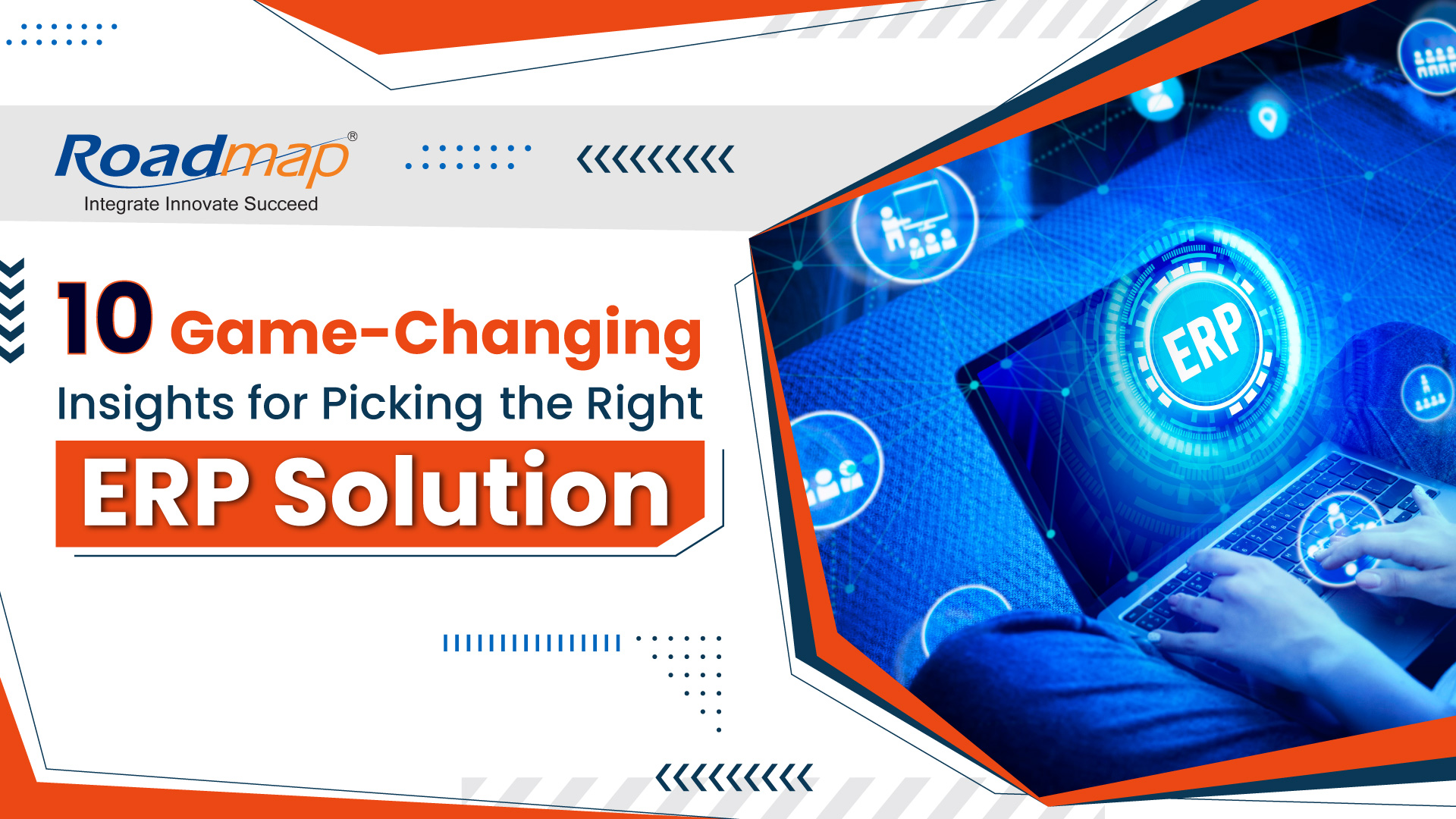
- Roadmap
- 30-Nov-2024 11:24:53
Cloud ERP: The Future of Scalable Business Operations
In today’s fast-paced business environment, where change is constant and agility is key to success, traditional on-premise Enterprise Resource Planning (ERP) systems can fall short. They require substantial upfront investments, and extensive maintenance, and can be cumbersome to scale. This is where Cloud ERP is making waves as the future of scalable business operations.
But what exactly is Cloud ERP, and why should your business consider switching?
What is Cloud ERP?
Cloud ERP refers to an ERP system hosted on cloud servers rather than physical hardware at a company’s premises. It’s a software solution that integrates core business functions like accounting, supply chain, manufacturing, HR, and customer relationship management. Still, all of these are hosted in the cloud for easy accessibility from anywhere with an internet connection.
Cloud ERP is powered by Software-as-a-Service (SaaS) technology, which offers multiple advantages, such as cost savings, scalability, and flexibility, among others. Unlike traditional ERP, Cloud ERP enables businesses to access the software and their data remotely, providing greater collaboration, mobility, and real-time visibility.
The Benefits of Cloud ERP for Scalable Business Operations
1. Cost-Effective
Implementing and maintaining on-premise ERP systems often requires hefty initial investments, such as hardware costs, software licenses, and IT personnel for upkeep. With Cloud ERP, businesses can move to a subscription-based pricing model, reducing capital expenses and converting them to operational ones. This pay-as-you-go model is particularly beneficial for small and mid-sized businesses (SMBs) that might not have the budget for traditional ERP.
Moreover, the cloud-based nature eliminates the need for expensive hardware infrastructure, as everything is stored securely on the cloud, and businesses can scale resources based on their needs.
2. Scalability and Flexibility
As businesses grow, so do their needs. Cloud ERP systems offer unparalleled scalability, allowing companies to add new users, features, or even business modules easily. For instance, a small business expanding into new regions or launching new product lines can adapt the ERP system without complex upgrades or system overhauls. This ability to scale operations smoothly is one of the most significant advantages of Cloud ERP, especially for businesses with dynamic or evolving requirements.
In contrast, on-premise ERP systems often require time-consuming and costly upgrades, hardware replacements, and training when scaling. Cloud-based systems, however, make these changes seamless and agile.
3. Real-Time Access and Collaboration
One of the key features of Cloud ERP is that it allows real-time data access from any device, anywhere in the world. Whether you’re in the office, at home, or traveling abroad, your ERP system is just a few clicks away. This facilitates quick decision-making based on up-to-date information, which is especially valuable when responding to market demands or addressing operational issues.
Furthermore, Cloud ERP fosters collaboration across teams and departments. With shared access to the same data, employees can work together more effectively, improving efficiency and productivity. For example, sales teams can collaborate directly with inventory managers to ensure product availability, while finance teams can monitor cash flow in real time.
4. Automatic Updates and Enhanced Security
Cloud ERP providers frequently release software updates to ensure the system is running with the latest features and security patches. Businesses don’t need to worry about maintaining these updates themselves, which can be a time-consuming and costly process with on-premise solutions. This ensures that your business is always operating with the most up-to-date tools.
In terms of security, cloud service providers invest heavily in robust security measures, including encryption, multi-factor authentication, and firewalls. These security features often surpass those of in-house systems, providing peace of mind for businesses concerned about data breaches or cyber-attacks.
5. Business Continuity and Disaster Recovery
Cloud ERP also strengthens business continuity and disaster recovery plans. Since the system and data are stored in multiple off-site data centers, it’s far more resilient to localized disruptions like power outages, natural disasters, or system failures. Cloud ERP vendors often include disaster recovery services as part of the service package, ensuring that your business can continue to operate smoothly even in the face of unexpected challenges.
6. Global Reach and Compliance
For businesses operating in multiple countries or regions, Cloud ERP can simplify the process of managing different tax laws, regulations, and currencies. With integrated compliance features and real-time updates, businesses can ensure they are always meeting local requirements, making global expansion a lot easier.
Cloud ERP also supports multi-language and multi-currency features, allowing businesses to efficiently manage international transactions and streamline global operations.
Why Cloud ERP is the Future of Business Operations
As businesses continue to grow and evolve, the need for scalable, flexible, and efficient systems becomes paramount. Cloud ERP provides the necessary foundation to support this evolution.
In an increasingly digital world, the shift to cloud-based systems is not just a trend; it’s a necessity. Traditional ERP systems, with their fixed infrastructure and high maintenance costs, simply cannot keep up with the demands of modern businesses that require mobility, agility, and real-time decision-making. Cloud ERP, on the other hand, is adaptable to the fast-paced, dynamic environment of the digital age.
For companies that are planning for long-term growth, Cloud ERP provides a future-proof solution that can evolve with their business needs. The ease of customization, integration with other technologies (like Artificial Intelligence and IoT), and its ability to scale quickly make it a smart investment for businesses looking to stay ahead of the competition.
Conclusion
Cloud ERP is not just a temporary solution but a sustainable model for scalable business operations. With the ability to reduce costs, enhance collaboration, improve security, and support global operations, Cloud ERP systems are transforming how businesses approach enterprise management.
As more companies recognize the importance of agility, scalability, and cost-efficiency, adopting Cloud ERP is quickly becoming an essential step toward securing long-term success. Whether you're a small business looking to grow or an established company aiming for digital transformation, Cloud ERP is undoubtedly the future of business operations.




